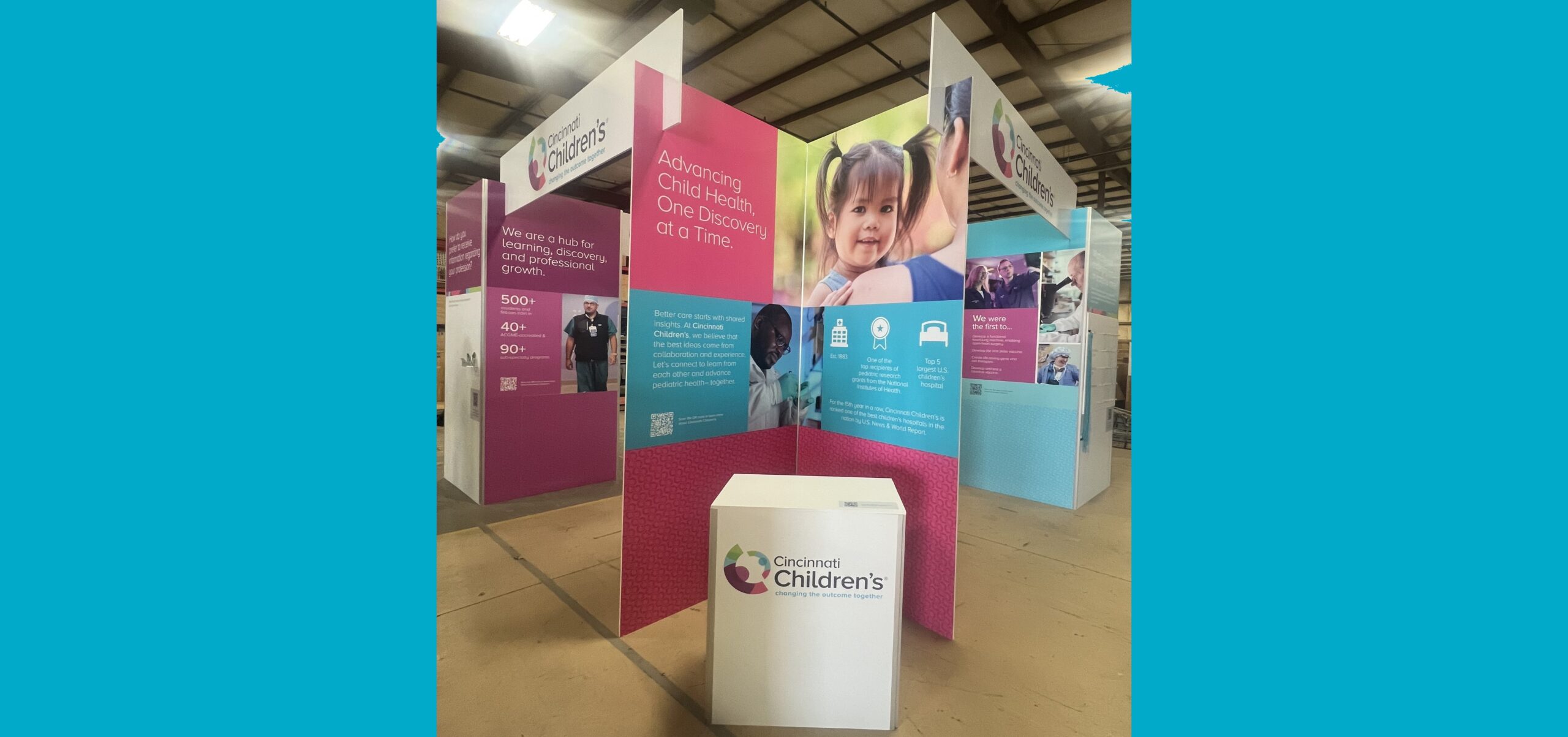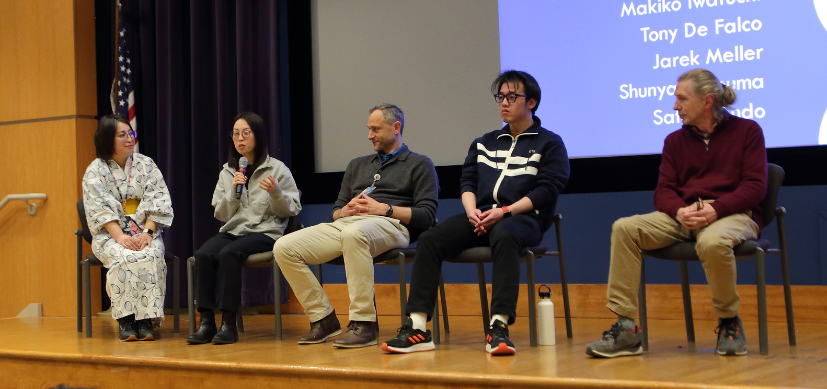Growing Need for Pharmacogenetics Data for Pediatric Medications
Research By: Sonya Tang Girdwood, MD, PhD | Laura Ramsey, PhD
Post Date: March 9, 2022 | Publish Date: March 9, 2022

Review article updates how growing children can differ from adults in how they metabolize drugs
An important review article in Pediatric Research led by Sonya Tang Girdwood, MD, PhD, and Laura Ramsey, PhD, at Cincinnati Children’s evaluates pediatric evidence for pharmacogenetic associations for drugs commonly prescribed by or encountered by pediatric clinicians across multiple subspecialties.
The article addresses proton pump inhibitors, selective serotonin reuptake inhibitors, ADHD medications, immunosuppressants and more.
The co-authors note that in many cases pediatric data are lacking regarding gene-drug interactions that can lead to adverse reactions. In other situations, the ways that neonates, infants, children and adolescents metabolize drugs can differ sharply from adults.
“The tremendous physiologic and metabolic changes that occur during childhood (and particularly in infancy and adolescence) provide the opportunity for the discovery of novel, pediatric-specific drug–gene interactions,” they write.
In addition to updating pediatric clinicians on recent pediatric pharmacogenetic evidence, the co-authors call for improving the quality of pediatric medication data so that pharmacogenetics can be better implemented into pediatric practice. Key factors include:
- Adequate sample size
- Clinically meaningful endpoints
- Inclusion of participants representing those exposed to the drug with respect to age, indication, and ancestry
- Robust assessment of the target gene
Read the article in Pediatrics Research
| Original title: | Perspectives from the Society for Pediatric Research: pharmacogenetics for pediatricians |
| Published in: | Pediatric Research |
| Publish date: | March 9, 2022 |







